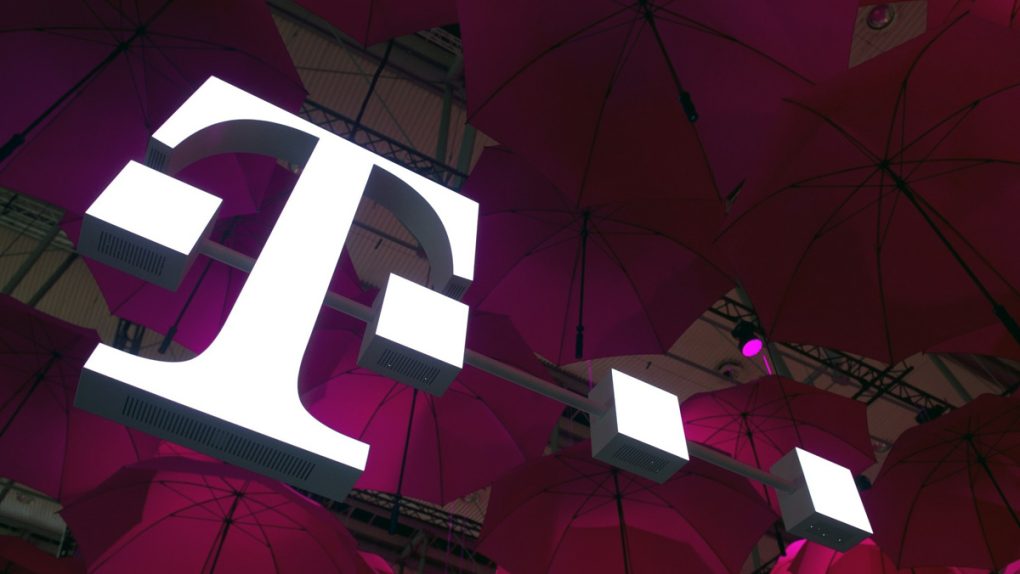In just a few short years, T-Mobile has gone from being almost completely irrelevant to being almost solely responsible for shaping the direction of the wireless industry in the United States. Headed by its outspoken CEO John Legere, the “Uncarrier” managed to create the perfect cocktail to make waves in the industry. T-Mobile did its homework and found key pain points for wireless customers. Then it found clever ways to eliminate those pain points, typically by repackaging or restructuring certain offerings in such a way that they become more appealing to customers while still earning the carrier a healthy profit.
T-Mobile continues to set the tone in the US wireless market, and other carriers continue to follow the Uncarrier’s lead. With that in mind, we can only hope that T-Mobile takes note of the latest move made by its parent company, European carrier Deutsche Telekom, and brings its latest initiative stateside.
In a post on its corporate blog on Tuesday morning, Deutsche Telekom announced a new initiative that smartphone users have been dreaming of for well over a decade now: A way to eliminate bloatware.
Bloatware is a commonly used term to describe certain applications that come preinstalled on smartphones and computers. These applications are not part of the core device experience, but are instead preinstalled because either the product vendor or carrier is paid to offer them to customers. Bloatware is a big-money business, since it’s a guaranteed way for companies to market their apps and services.
While bloatware is great for service providers and carriers, users absolutely hate it. These are unwanted apps that eat up storage space and resources, and they’re a constant source of animosity toward carriers in the United States and around the world. If you’re a Deutsche Telekom subscriber though, bloatware will soon be a thing of the past.
In its blog post on Tuesday, Deutsche Telekom announced that users will be given the option to opt-out of bloatware on Android devices. Bloatware isn’t an issue on iPhones, of course, because Apple doesn’t allow it. Users you buy new Android phones from DT will be given the option to choose which apps they want to install on their phones during the setup process. This is a novel approach to bloatware that will undoubtedly cost DT a huge amount of revenue from marketing deals, but it’ll also result in much happier subscribers and a potential decrease in churn. We can only hope T-Mobile follows suit, though there’s currently no indication that will be the case.
Also of note, DT announced that smartphone vendors will now be able to issue Android software updates directly to end users. This is also a big deal, and it could potentially result in much quicker Android updates for end users.







